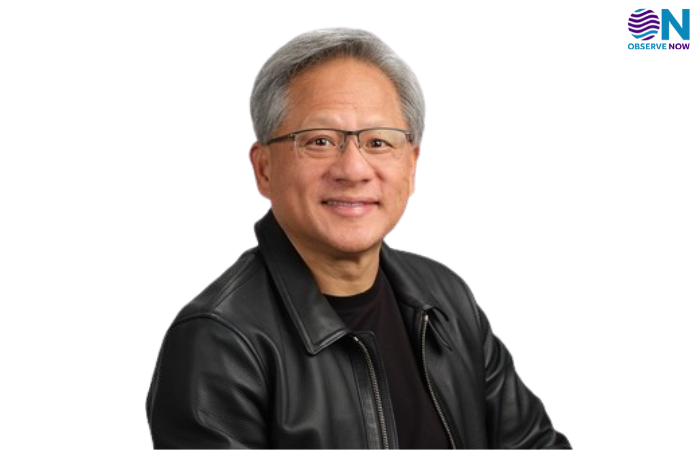China Excludes Nvidia AI Chips, Huang Warns of Global Tech Impact

Nvidia CEO Jensen Huang has expressed strong concerns over China’s decision to exclude Nvidia’s AI chips from its technology ecosystem, calling it “very clear” that the company is not welcome. He warned that limiting access to advanced AI hardware for Chinese developers could hinder global AI innovation and compromise America’s leadership in technology. Blocking Nvidia chips from a market representing half of the world’s AI talent could slow progress in artificial intelligence worldwide.
Huang urged U.S. policymakers to carefully reconsider export controls, emphasizing that constructive engagement with Chinese AI developers is crucial. He stressed that cooperation, rather than exclusion, would foster stronger innovation and prevent slowdowns in AI advancements.
The CEO’s remarks underscore growing tensions between the U.S. and China in the high-stakes AI chip industry. While China aims to strengthen its domestic AI capabilities, restricting access to Nvidia’s leading-edge technologies could create strategic and economic challenges for both nations. Huang’s comments highlight the delicate balance between national security concerns and supporting technological progress in AI.
Nvidia remains committed to expanding its global presence, but Huang’s statements indicate the company’s worry that trade barriers and geopolitical friction could stifle collaboration and affect the broader AI market. The tech community will be watching U.S. export policy closely to see if dialogue can mitigate these risks.
Concluding his remarks, Huang stressed the importance of international collaboration in AI development, advocating for policies that allow global talent access to critical AI tools while maintaining security standards. His warning serves as a reminder of how geopolitical decisions can have far-reaching consequences for the rapidly growing AI industry.
















